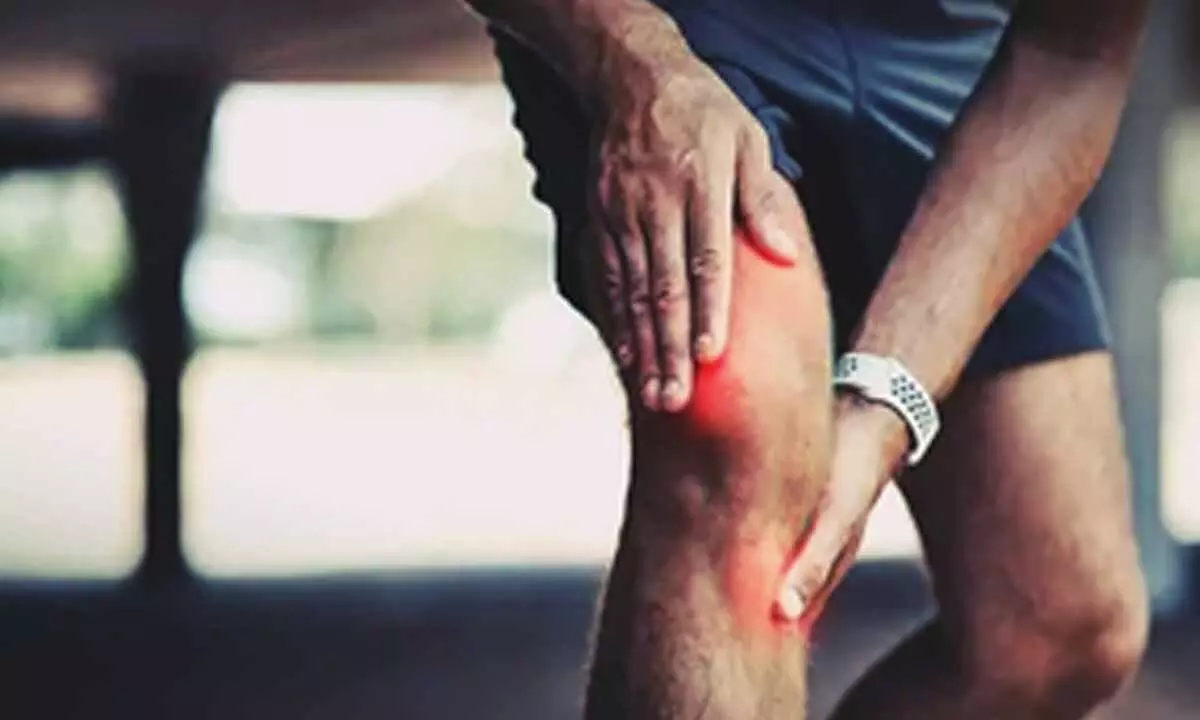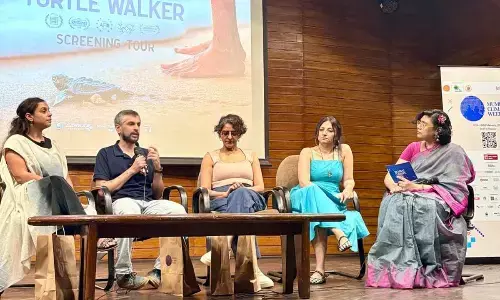Knee injury patients are scared of necessary exercise: Survey
Share :

Knee osteoarthritis sufferers shun exercise even if they are told it can diminish the pain and stiffness caused by the condition.
Sydney: Knee osteoarthritis sufferers shun exercise even if they are told it can diminish the pain and stiffness caused by the condition.
That's according to doctors at the University of South Australia, who found people -- despite them knowing the opposite to be true -- to "unconsciously believe" they could further damage a gammy knee if they exercise on it.
"While physical activity is known to ease symptoms, only one in 10 people regularly exercise," the researchers said, finding some to deem exercise as "dangerous" even if they have been given medical advice to the contrary.
"Research shows that physical activity is good for people with knee OA, but most people with this condition do not move enough to support joint or general health," said Brian Pulling of the university's medical research centre.
The "world first" findings were published in Pain, a medical journal, and were based on a word and image questionnaire in which participants assessed safety and danger.
The team found people with knee osteoarthritis to be more wary of exercise than others, including people with other leg injuries.
"People with painful knee osteoarthritis hold heightened implicit threat–activity associations relative to both people without knee pain and people with non-knee lower limb pain," they reported.
"Having access to more accurate and insightful information will help health professionals better support their patients to engage with activity and exercise," said Tasha Stanton, a professor at the university, who added that the team's work "may also open opportunities for pain science education, exposure-based therapy, or cognitive functional therapy."
That said not only are the findings relevant to treating knee injuries, they could hint at something long observed in human nature. "What people say and what people do are often two different things," said Stanton.








